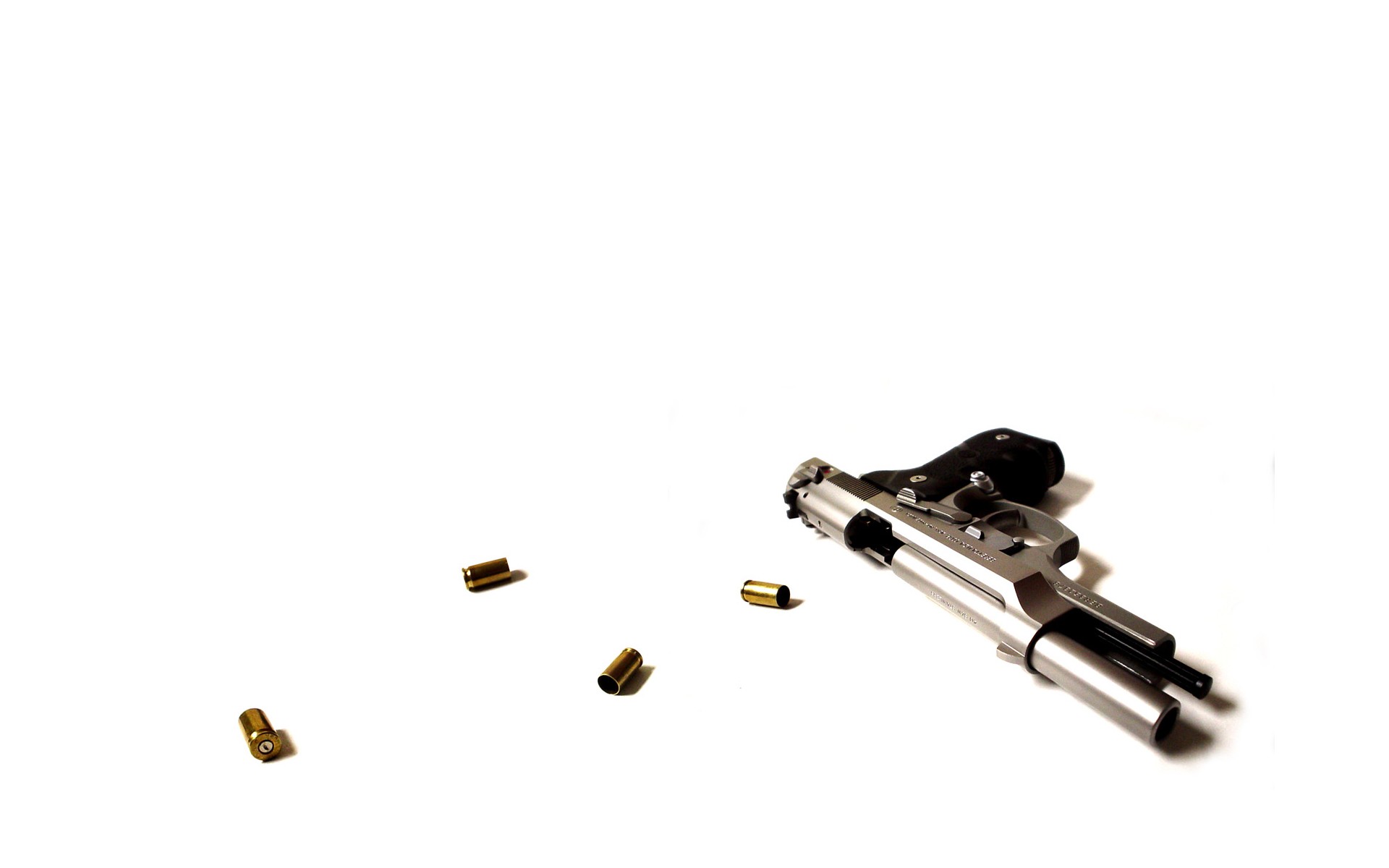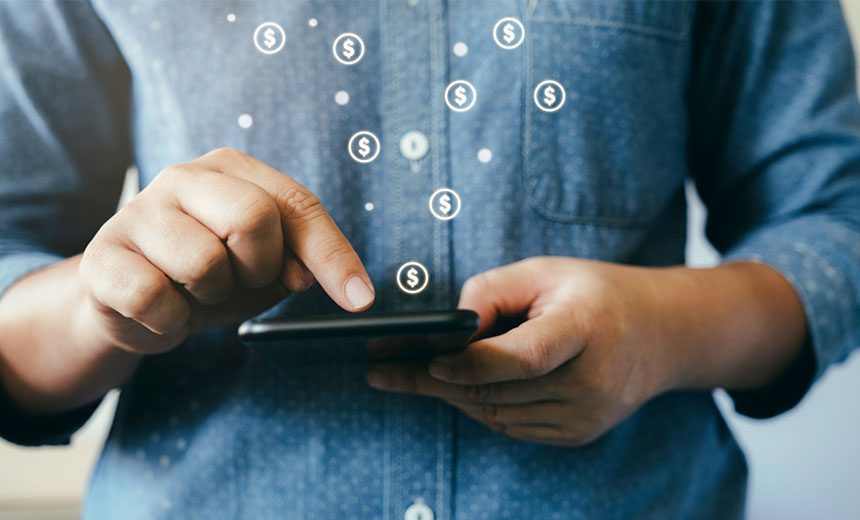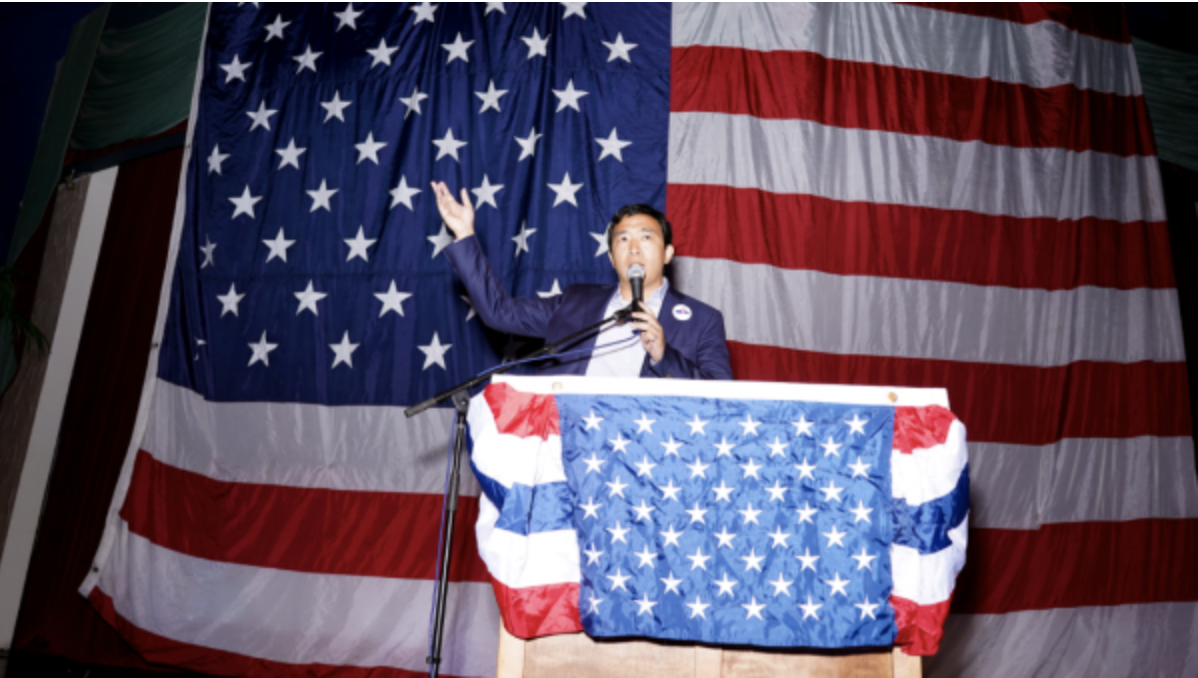
AISHANI BANERJEE – OCTOBER 29TH, 2020
EDITOR: RAKSHA SEN
On February 12, 2020, PayPal announced an unlikely partnership. Criminologists at the Crime Lab at the University of Chicago and the Center on Crime and Community Resilience at Northeastern University have been funded by the online payment system in order to conduct research into a topic surprisingly important to PayPal: payment methods regarding illegal arms trafficking and preventative measures against it. Experts from the Violence Prevention Research Program at UC Davis and Duke professor of public policy Phillip J. Cook are also joining the research effort.
PayPal does not allow any purchases of guns or gun paraphernalia. Their official policy prohibits all firearms, working or not, from being bought or sold, as well as any part of a firearm or any ammunition. It is not clear on their site when this policy was implemented. Self-identified libertarian and former CEO, Peter Thiel, has stated that he disapproves of the policy, and the company “wouldn’t be doing that if [he] was still running it.” Thiel stepped down as CEO of PayPal upon it being sold to eBay in 2002, after which the policy was put in place.
In 2004, a man named Ben Canon founded an alternative to PayPal and named it GunPal. Up until 2009, several active American gun owners endorsed the online payment system, and online forums for gun owners enthusiastically supported GunPal. Then, in 2010, Canon was arrested for impersonating an officer in Petaluma, and his site was denounced by other gun owning blogs for being a possible Ponzi scheme. Aside from screwing several people out of their money, this also meant that most gun owners could not rely on one online payment processor to traffic in guns and have been relegated to credit card systems ever since.
This policy has been contentious in other ways. PayPal’s status as one of the leaders in online payment processing has made it a lightning rod for gun owner’s protests, inspiring several class action lawsuits from gun owners, to no avail. PayPal and Square have both blocked gun purchases on their platforms.
Visa, on the other hand, has made statements affirming that they have no intention of restricting their users’ ability to buy and sell guns. The company even once offered an official NRA Visa Card through the First National Bank of Omaha which was quietly removed after the Parkland shootings.
To understand why PayPal specifically has emerged as a leader and lightning rod in turn for debates over the sales of guns, one has to look at the history of online payment processers in general.
PayPal, in Q1 of 2016, only had 184 million users worldwide. Visa, by contrast, had 301 million American users and 570 users worldwide. However, by Q4 of 2019, PayPal had moved on to 305 million users worldwide, while Visa grew at a much slower rate—reaching only 50 million more Americans. Venmo, owned by PayPal, handled 29 billion dollars worth of transactions by the end of 2019. Ten billion of that was handled in the year 2019 alone, and Venmo is only 2 years old.
PayPal shoppers completed their purchases at almost twice the rate of credit card shoppers online; as of March 2017, PayPal was trailing only 3% points behind credit cards when it came to how online transactions were processed. This one payment system handled 39% of all sales made online.
For a very long time, information on online payment systems had been relegated to a part of human knowledge that is only dusted off during late night shopping, when brick and mortar stores had all closed for the night. However, with the advent of Amazon specifically, online sales are now the fourth largest sector of sales in the US. They account for 12% of US consumer expenditure, the massive C in CIGX. All signs seem to point to online payments being the future, and that future is dominated by PayPal. Which means as long as PayPal insists on blocking gun sales, the gun industry must find a way to adapt.
For now, most gun sales are, by necessity, done in the physical world. Guns are primarily sold through dealers, which is problematic, as the ATF Bureau only has the resources to inspect those dealers once a decade. These dealers, rarely inspected and even more rarely shut down, have been associated with 40,000 trafficked guns and represent a large sector of illegal gun trafficking.
This seems bad for PayPal’s initiative—if most gun sales come from physical dealers, who cannot use PayPal, then the company does not have much information on the gun industry available to them. However, almost 60 percent of the investigations the ATF conducted involved second hand guns, which is when payment processing services come in. It isn’t guaranteed that PayPal will be used to facilitate each and every second-hand arms sale, but despite the ban, quite a lot of secondhand gun paraphernalia is still sold through PayPal.
Online forums from 2013 allege that so long as the common practice of not mentioning any “gun stuff” in the comments is observed PayPal will not freeze the account. However, other forums and anecdotes (from 2010) argue that even abstaining from entering any keywords, PayPal still has some mechanism to flag gun related transactions.
On the other hand, mentioned often in those forums was a site known as gunbroker.com. This site has 3.5 million registered users and in 20 years has had 4 billion gross total sales through the site. The only requirement to be a buyer is a Federal Firearms License, and, as far as the requirements spell out, sellers must only be licensed adults.
(Anecdotally, I signed up for an account myself. I am not 21 yet, I’ve never touched a gun in my life, and I put completely fake information for everything, including my birthdate. I was asked to upload a copy of an FFL — which I didn’t have — and that was the only point in the entire process I could have been stopped at. By the way, applying and getting an FFL is leagues easier than applying and getting into college.)
There is, of course, no data available on gunbroker.com on how many second-hand sales they facilitate, versus private party sales from licensed gun dealers. However, since it is marketed as eBay for guns and has very few background checks of its own, one can assume that at least a few of those trafficked guns end up on this site. Gunbroker.com does not offer PayPal as a payment method, so PayPal and its initiative would have its work cut out for it in monitoring all possible avenues of gun trafficking.
Even still, this sort of financial activism, from banks and corporations alike, has been one of the quietest and strongest pushes for gun control that the US has seen. States like New Jersey and California have begun introducing laws that mandate information from banks regarding their practices and policies with gun manufacturers or even stop banks from lending to gun manufacturers altogether. As the world moves increasingly online, data becomes infinitely more precious, paving the way for online initiatives like PayPal to track and stop very real crimes.
Featured Image Source: WallpaperStock
Disclaimer: The views published in this journal are those of the individual authors or speakers and do not necessarily reflect the position or policy of Berkeley Economic Review staff, the Undergraduate Economics Association, the UC Berkeley Economics Department and faculty, or the University of California, Berkeley in general.




(Anecdotally, I signed up for an account myself. I am not 21 yet, I’ve never touched a gun in my life, and I put completely fake information for everything, including my birthdate. I was asked to upload a copy of an FFL — which I didn’t have — and that was the only point in the entire process I could have been stopped at. By the way, applying and getting an FFL is leagues easier than applying and getting into college.)
This evinces a fundamental misunderstanding of how firearms purchasing works. Contrary to the author’s assertion, obtaining an FFL isn’t´ “leagues easier than applying and getting into college”. Obtaining an FFL requires one to submit to a full background check, pay several hundred dollars a year in licensing fees, obtain specialized safes, be fingerprinted, and grant consent for the ATF to inspect those storage facilities at any time.
As such, the vast majority of gun-owners do not obtain an FFL for personal usage. They instead provide the FFL of their local firearms store instead. The firearm is shipped to their local firearms store, who then keeps it for the user. In states with a waiting period, the gun store keeps it for the designated waiting period, after which the buyer can go to the store to pick up their firearm. But before they do so, they must submit to a NCIS background check. If they pass, only then can they obtain the firearm they paid for.
Before spreading misinformation, please do some more research.